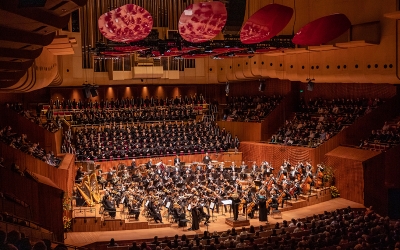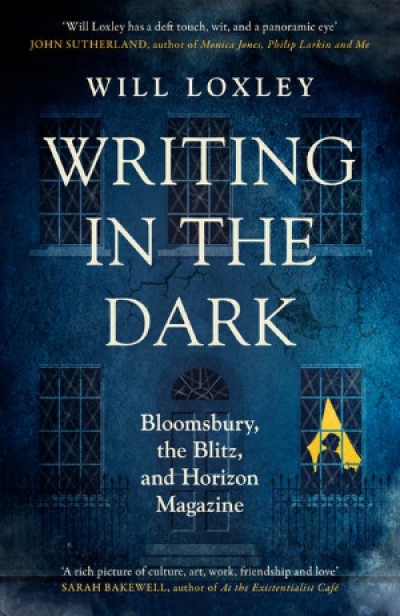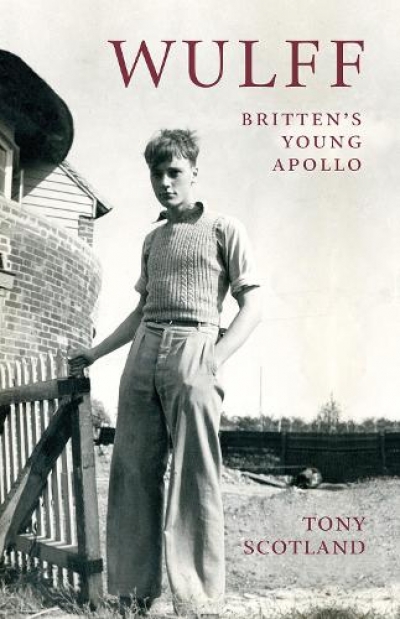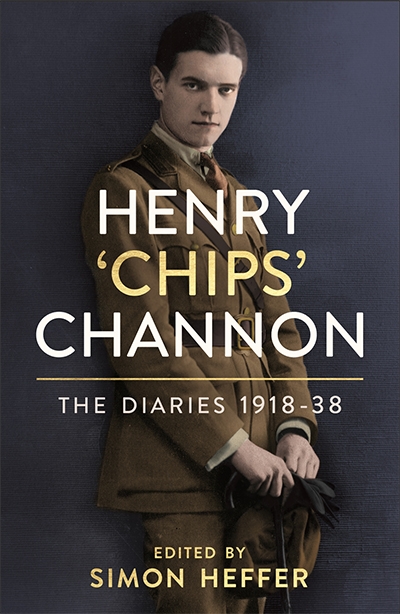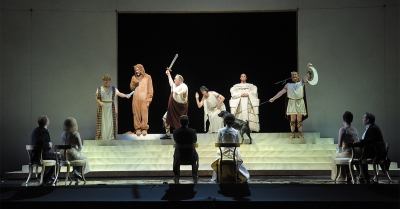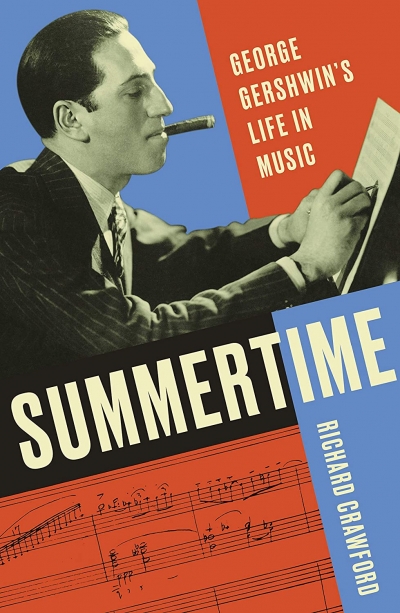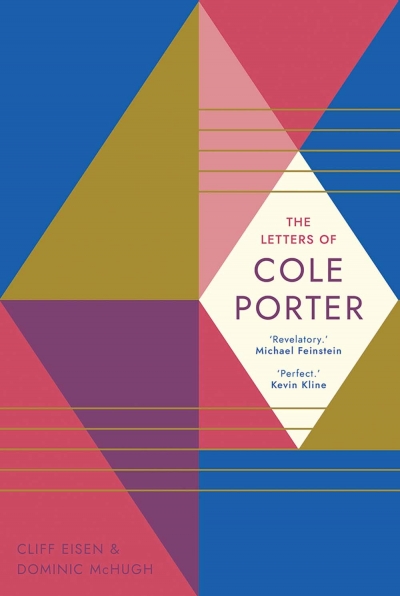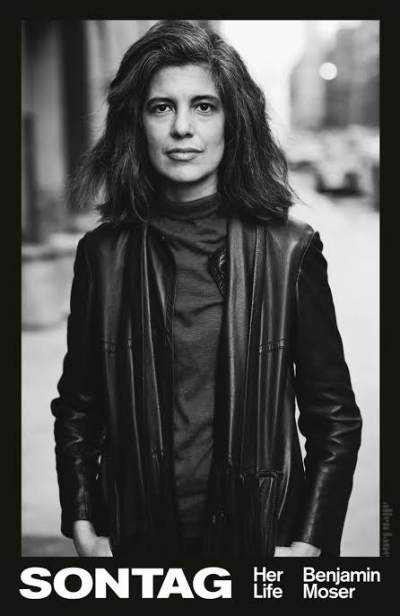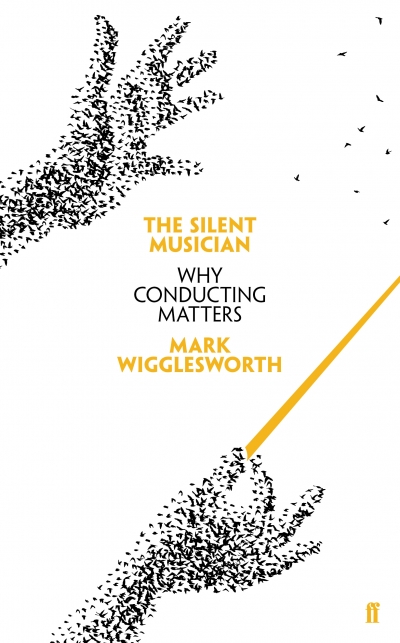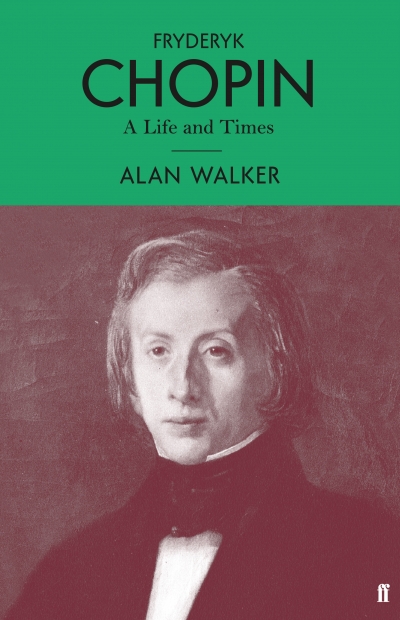Paul Kildea

Paul Kildea is the author of Benjamin Britten: A life in the twentieth century (2013) and Chopin's Piano: A journey through Romanticism (2018). He lives in Melbourne and is Artistic Director of Musica Viva.
Paul Kildea reviews 'Writing in the Dark: Bloomsbury, the Blitz and Horizon Magazine' by Will Loxley
In late March 1941, more than six months into the relentless German aerial campaign that was then destroying great swaths of London’s fabric and spirit, Virginia Woolf filled the pockets of her heavy overcoat with stones and waded into the River Ouse. Her suicide occurs halfway through Will Loxley’s scattergun study of English writers and writing during the war, though its inevitability haunts ... (read more)
In 2002 the English filmmaker John Bridcut visited The Red House in Aldeburgh, the archive housing the papers of Benjamin Britten and his long-time partner, Peter Pears. Bridcut was early in his research for a project he would realise two years later as the documentary film Britten’s Children, and then, after another two years, as a book of the same name. I was then head of music at the Aldeburg ... (read more)
At a sports carnival early in Evelyn Waugh’s novel Decline and Fall, the schnockered schoolmaster Prendergast, unsteadily wielding a starting pistol, shoots poor Lord Tangent in the foot. Thereafter, Tangent barely appears in the narrative, with only a sentence now and then charting his slow medical decline. ‘Everybody else, however, was there except little Lord Tangent, whose foot was being a ... (read more)
January 5
We have lost our Hermia, so Sally-Anne Russell comes round to sing for me. She has fished out Benjamin Britten’s Charm of Lullabies and her score of The Rape of Lucretia. We work on both, but particularly on the aria in which poor Lucretia threads together gorgeous lilies into a funeral wreath, her response to what the boastful, ghastly Tarquinius has done to her. Sally-Anne has not s ... (read more)
Arnold Schoenberg and George Gershwin were two of the greatest architects of twentieth-century art music, each of them simultaneously an agent of continuity and disruption. The disruption is easy enough to chart: Schoenberg’s complete rewiring of tonality’s motherboard; Gershwin’s successful integration of jazz and symphonic music (more successful than the integration into American society o ... (read more)
Sometime in the early 1970s – his health poor, his country’s no better – the English composer Benjamin Britten asked his good friend and publisher Donald Mitchell to write his biography, imploring him to tell the truth about his long-term relationship with the tenor Peter Pears. In the ten years that followed Britten’s death in 1976, Mitchell amassed thoughts and notes, all the while defle ... (read more)
Sam Leith, literary editor of Spectator magazine, recently put author Benjamin Moser on the spot. ‘Do you think her work will last?’ he asked, referring to the writings of Susan Sontag, whose biography Moser had not long finished. ‘And if so, which of it?’ Moser dissembled bravely. ‘Well, I hope so ...’
Yet was it dissembling? Or even brave, for that matter? Sontag’s oeuvre need not ... (read more)
Of all the tributary footage screened in the days following the death of Bob Hawke, one short sequence jarred. In it, Hawke conducts the Sydney Philharmonia Choirs and orchestra in the ‘Hallelujah Chorus’ from Handel’s Messiah, jerking and twitching in response to the well-drilled ensemble, showing admirable bravura in the face of such a magnificent disconnect between cause and effect.
‘C ... (read more)
The author and critic Richard Ellmann died in May 1987, a handful of months before the publication of his biography of Oscar Wilde. Twenty years in the making, the book instantly established a benchmark in literary biography. Psychologically astute and critically nuanced, Oscar Wilde invites the reader into a world of bourgeois values – moral and artistic – that leads so tragically to the grim ... (read more)

